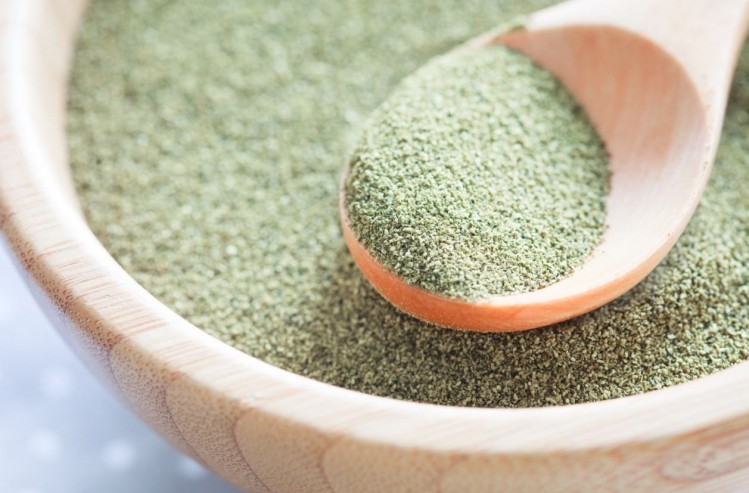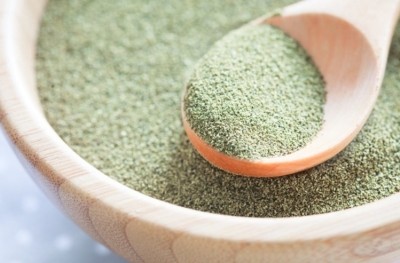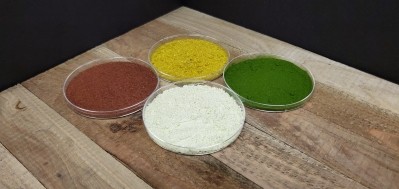Microalgae’s major opportunity for alternative protein product development – Sophie’s Kitchen

Eugene Wang, founder and CEO of Sophie’s Kitchen told FoodNavigator-Asia, “Animal protein is not sustainable in feeding 10 billion people on this planet. Plant-based protein are sustainable now, but not forever.”
Quoting pea protein as an example, “Currently, we are using pea protein in our foods. Many plant-based food companies are also using pea.
“Where do you get these extra supplies? More farming which also means some form of deforestation.”
“What we need are technologies with even higher efficiencies so we won't pollute this beautiful planet.”
He said microalgae protein technology used a fermentation process that did not require the use of a large amount of land.
“It will truly solve our problems with animal farming and modern agriculture.”
Fermentation
According to Wang, the fermentation process is just like any other process producing food enzymes.
The company selected a strain of microalgae commonly found in Asia and added it into the fermentation tank along with clean water and substrates like food waste (spent grains and okara) to make it more sustainable.
After a few days of fermentation, the protein is harvested from the liquid.
Wang explained, “You will get a dry biomass, which we will then use our proprietary process to isolate the protein from that dry biomass to make pure and high quality food-grade protein.”
Power protein
In their lab, they managed to extract 95% protein isolate, which essentially meant 95% is pure protein.
Wang is confident to, “someday produce a protein flour from this microalgae that can be price and quality competitive to soy protein today.”
“In the future, the tofu and soy milk you eat may mostly come from our algae. How cool is that?”
He also mentioned that their microalgae protein have more essential amino acids than commercially available fish.
As of now, it looks greenish in colour, taste very much like algae, have a texture similar to plant-based protein powder, Wang said.
But they are working on toning down the taste, and lightening the colour to make it more acceptable and pleasing to consumers.
Asians and algae
Wang said they are developing their technology in Singapore, for several reasons.
More than one-third of top scientists and companies working on microalgae are based in Asia, and Asian countries like China and Japan have a long history of using microalgae in their foods and supplements.
Their selected microalgae strain naturally thrives in Asia's water and weather which made Asia the best home base for the technology.
Wang also believed that Asian consumers would have better adoption to this protein than consumers from other markets.
“Asians have been eating algae for a long time. We see it as a highly nutritious and highly valuable food.”
Cost and sustainability
Wang pointed out their microalgae protein would cost less than cell-based protein, and cost competitive to soy protein.
It would still cost more than animal protein but, “With the uncontrollable growth of global population, animal protein will one day be more expensive than ours simply because we cannot find enough space for animal farming.”
The company in June 2019 won SG$1 million in funding at the Liveability Challenge, which Wang said would be used to set up their fermentation facility in Singapore.
He hopes that their technology one day will make more than just protein.
“Everything from fibre, cooking oil, to various supplements can be made economically and sustainably using our technology. That's why this is so important to our future of food.”
















